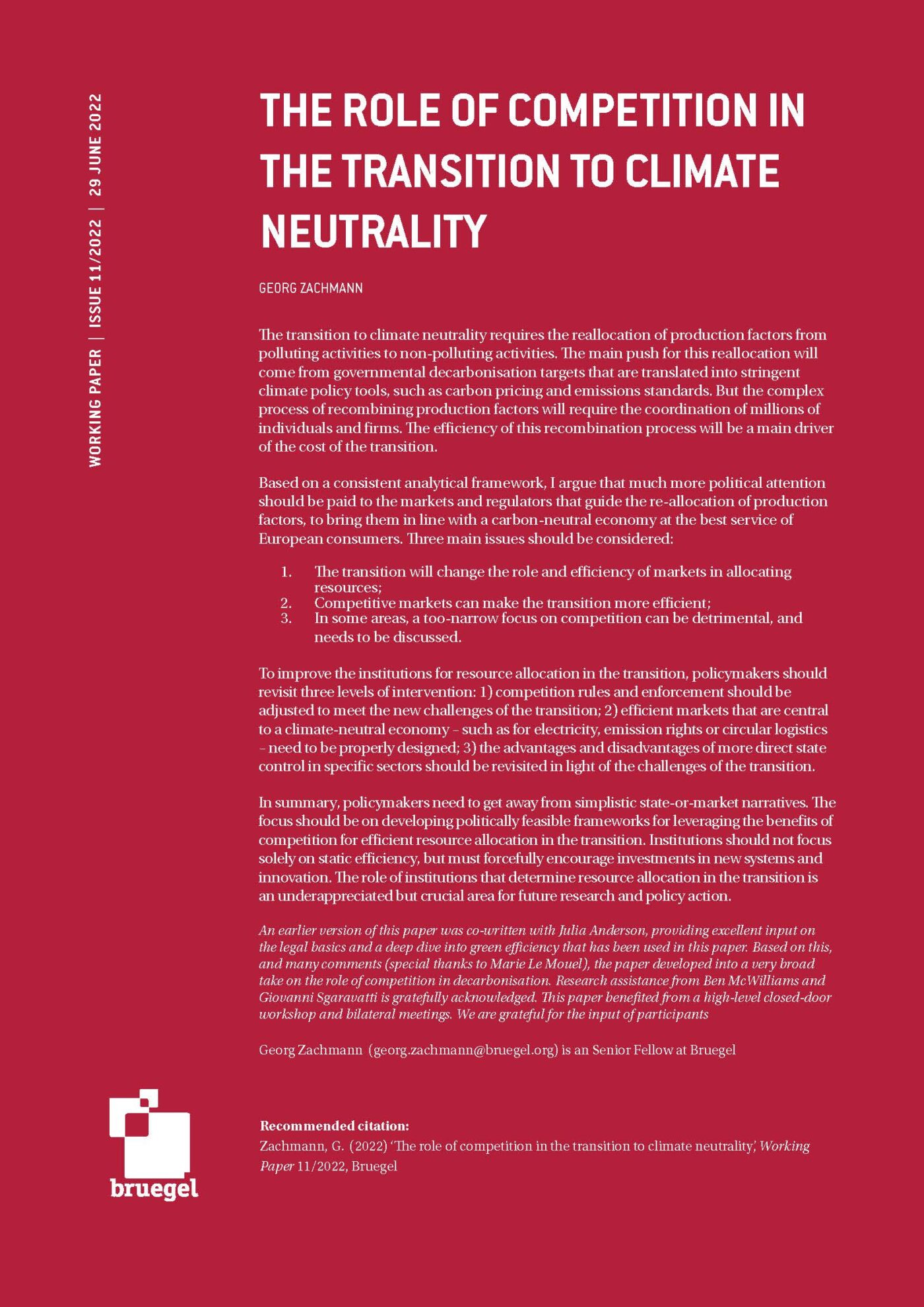Blog Post
Covid-19 crisis: electricity demand as a real-time indicator
Comparing average weekday hourly electricity demand for the last few weeks to the year before, we visualise the moment when the current crisis began to have an impact on national economies and how large that impact was.
Figure last updated: 20/05/2020
The latest updates of this blog have been shifted to this page.
Data on the real time economic effects of the covid-19 crisis are hard to come by. However, much economic activity is heavily dependent on the use of electricity. Information on the demand for electricity over time can therefore offer some insight into the real time effects of the covid-19 crisis and associated lockdowns.
In a previous blog post, we offered some analysis on the electricity consumption of four countries (ES,DE,FR,IT). We now extend this analysis to provide a more holistic view of what is occurring across the whole of Europe. All data presented in this blog will be updated daily as new information emerges.
In the map below we visualise the evolution of peak hour electricity consumption across Europe over the past four weeks.
We focus our analysis on peak hour consumption (08:00 – 18:00) because this is when most economic activity would normally take place. We consider only working days, ignoring weekends. Each week from 2020 is compared with the corresponding week from 2019. For example, week 1 is 2nd – 6th March 2020 and this maps to 4th – 8th March 2019 and so forth. Week 2 begins 9th March, week 3 begins 16th March and week 4 begins 23rd March.
To compute the percentage we divide the average actual total load (electricity consumption) from 08:00-18:00 across a five-day working week by the corresponding week’s value from 2019.
We compute daily averages in the same way. Each day from 2020 is divided by the value from the corresponding day from 2019 according to the same methodology as that used for the map. The figure below shows the daily evolution of electricity demand for France, Germany, Italy, Poland, Spain and the UK.
*In both figures since the 18th March 2020 forecasted data on France are used as the actual consumption data have not yet been uploaded to entso-e.
Additional updates
As well as daily updates, we will also improve the robustness of presented data. Currently the visualisations simply compare average consumption values. There are other underlying factors that influence demand beyond covid-19. Temperature is perhaps the most important. In particular countries, a significant share of space and water heating is electric and one would expect significant fluctuations depending on daily temperatures. We will therefore update the data by including a measure to account for temperature differentials between 2020 and 2019 values. Other exogenous factors, such as national holidays, if occurring on different days between 2019 and 2020, would also influence results. We will control for this in a future update.
With a more robust methodology, we will begin to add additional countries to the represented figures.
Republishing and referencing
Bruegel considers itself a public good and takes no institutional standpoint. Anyone is free to republish and/or quote this post without prior consent. Please provide a full reference, clearly stating Bruegel and the relevant author as the source, and include a prominent hyperlink to the original post.










